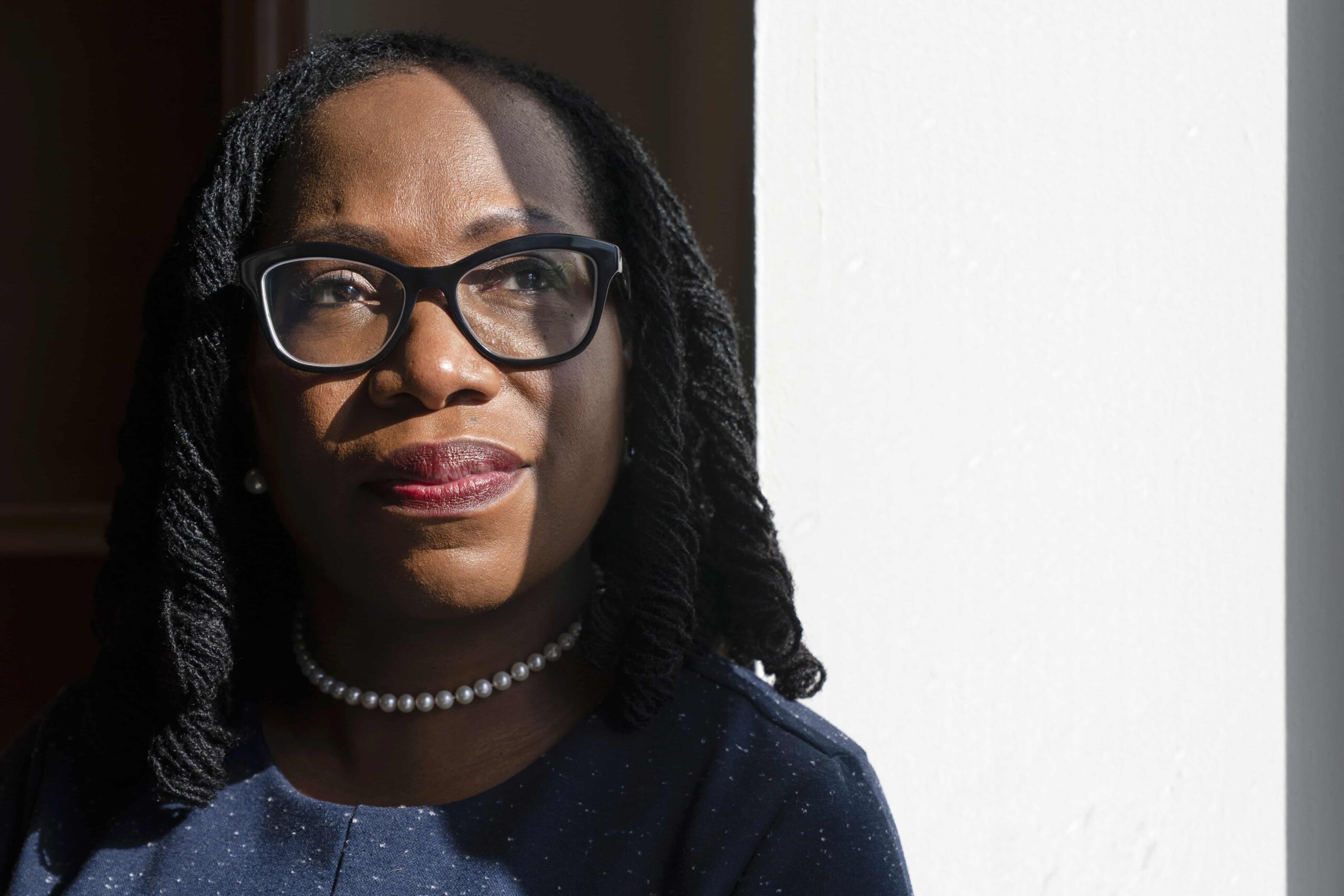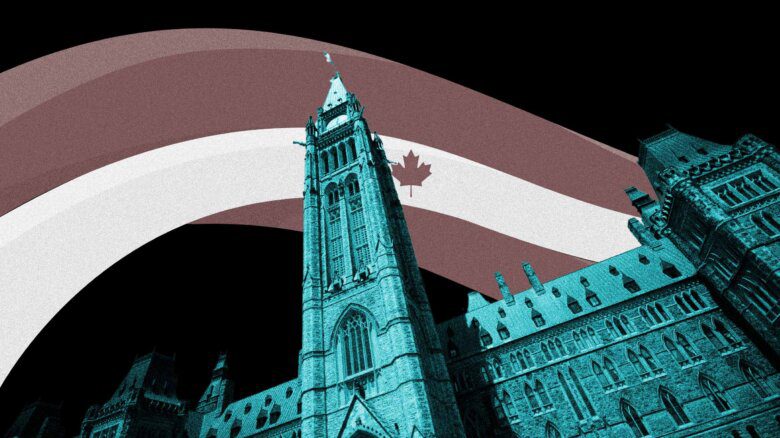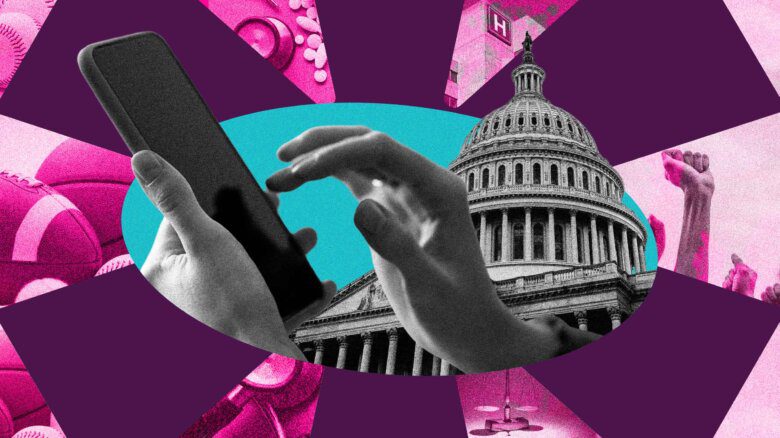President Joe Biden’s nomination of Judge Ketanji Brown Jackson to the U.S. Supreme Court has been widely hailed as a historic moment for the country. If confirmed by the Senate, she would be the first Black woman to serve on a court that didn’t have its first Black justice until 1967 and its first female judge until 1981. It also comes at a moment in which LGBTQ2S+ rights are once again in jeopardy.
On Feb. 21, SCOTUS agreed to hear the case of Colorado-based website designer Lorie Smith, who believes that serving same-sex couples under the state’s nondiscrimination laws in areas of public accommodation violate her right to free speech and religious expression. The court, which currently tilts 6-2 in favour of its conservative block, will be tasked with deciding whether Smith’s faith beliefs supersede the right of LGBTQ2S+ people to equal protection under the law.
Jackson’s confirmation could help preserve the current precedent of Colorado’s laws, which protect LGBTQ2S+ people from being refused service in places like restaurants, hospitals and retail establishments. Colorado is one of only 21 states that explicitly bar discrimination on the basis of both sexual orientation and gender identity.
Currently a justice on the U.S. Court of Appeals for the D.C. Circuit, Jackson was lauded by advocacy groups like the Human Rights Campaign as a “champion of equality” and the National LGBTQ Task Force as “eminently qualified to help get us on the correct path of justice and equity for all.” If confirmed, she would add balance to a Supreme Court that has chipped away at voting rights and abortion access in recent months and be a voice in support of LGBTQ2S+ rights.
“It is about time that a Black woman is in the position to help shape the legal landscape of our nation at this critical moment,” said National LGBTQ Task Force Executive Director Kierra Johnson in a statement. “Our democracy, our constitutional rights to access information, our fundamental right to vote, the right to autonomy over our own bodies, and our right to live free from discrimination are under attack.”
While there have been some concerns about Jackson’s links to a now-closed Christian school that referred to homosexuality as “sexual immorality,” an analysis of Jackson’s prior rulings from Lambda Legal concluded that “she can be trusted to administer the fair and impartial justice the country needs.”
Jenny Pizer, Lambda Legal’s senior counsel, said that Jackson’s vote will be critical in preserving decades of LGBTQ2S+ victories at the Supreme Court.
“These precedents are among our core civil rights bedrock,” Pizer told Xtra. “It has been an important part of our civil rights to protect people from that second-class citizenship.”
Following the Supreme Court’s past narrow rulings in cases regarding services for same-sex weddings and LGBTQ2S+ adoption rights, Lambda Legal is concerned the bench’s conservative justices could further encroach on equality. If justices rule in Smith’s favour, Pizer said it could lead to confusing and harmful consequences. Undermining antidiscrimination laws would create legal ambiguity in cities and states across the country, leading to further discrimination.
“In short, the stakes could not be higher,” Pizer concluded.
But even so, LGBTQ2S+ people would not be fully stripped of their rights and protection under U.S. law if Smith’s challenge is successful. Five years after ushering in marriage equality, the court affirmed protections for LGBTQ2S+ workers in 2020 by ruling that the 1964 Civil Rights Act protects employees against discrimination on the basis of sexual orientation and gender identity. That 6-3 decision was made by a conservative majority court and authored by one of its most right-wing members, Justice Neil Gorsuch.
Confirmation hearings for Jackson will begin on March 21. Senate Democrats hope to hold a vote on whether to seat her on the Supreme Court by April 8, according to CNN.


 Why you can trust Xtra
Why you can trust Xtra


